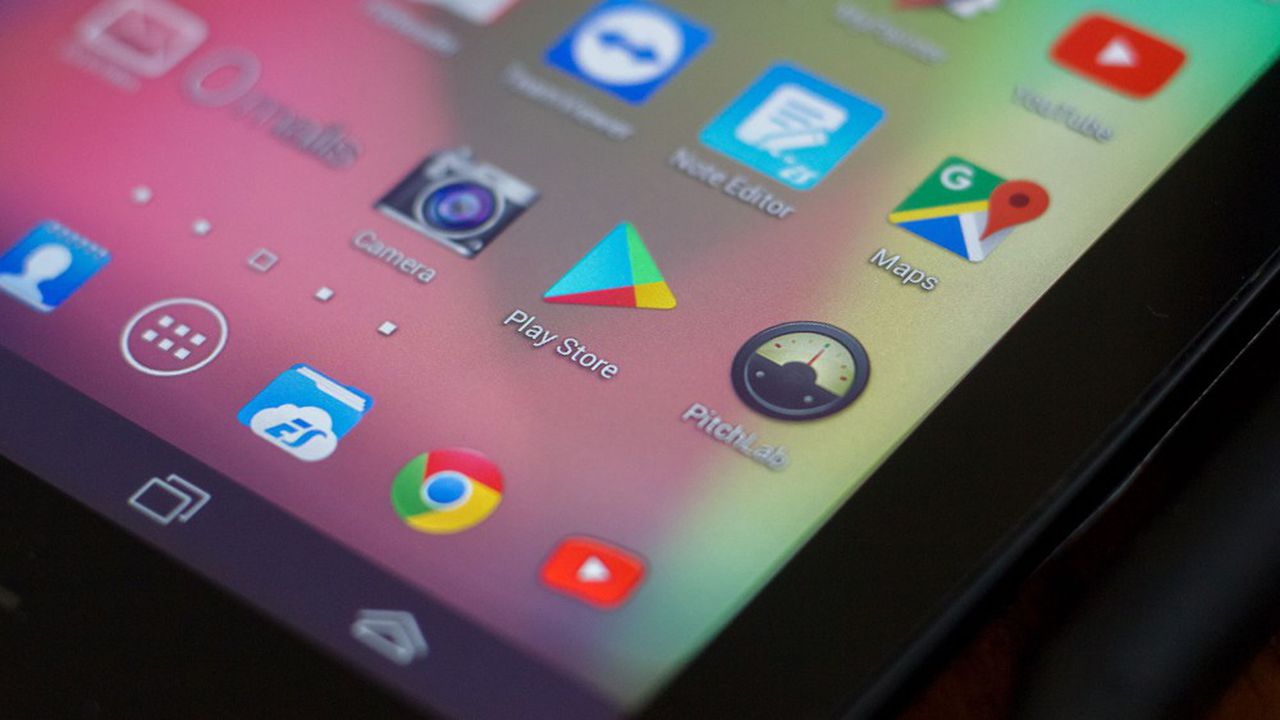iOS on one side, Android on the other. App Store vs Play Store. Apple and Google collide for many reasons. But the mobile giant has one thing in common: they both promise to change the rules of current ad targeting so that it is more respectful of the privacy of their users.
A year after ATT, Apple’s consent-gathering popup, went into effect, Google is also moving forward with its own tools. But with a cautious and collaborative style that contrasts with Apple’s abrupt and one-sided approach.
Mountain View giant has just taken a major step. since end of April, Developers working in the Android ecosystem can test the Privacy Sandbox for the first time. The goal of this initiative is to develop technologies that are more privacy friendly, but still allow Play Store apps to continue to appear on ads. The end goal: to remove advertising identifier, a tool that tracks users through applications.
Navigate in time T
Google does not start from scratch. The group has been working on the Privacy Sandbox for three years. But he initially kept it for the Chrome web browser, in order to set up alternatives to cookies, these small files that track Internet users. Google did not announce the extension of this initiative to mobile and Android until February 2022. The goal is to develop a beta version of these new tools by the end of the year.
Within the Privacy Sandbox, Google offers several technological approaches including “Themes.” Idea? It does not target users according to their mobile browsing at the moment, but according to the apps they have consulted in the past via less accurate tracking. This makes it possible to select areas of interest from a list of thousands of topics pre-selected by Google. The group sees it as a way to display targeted ads, less accurate to advertisers, but less intrusive to users.
90% of the apps in the Play Store are free
Google is moving forward but in a style of small steps. The huge weight of the American giant in the mobile sector (8 out of 10 smartphones in the world run Android) and advertising forces it to be careful not to expose itself to accusations of abuse of a dominant position. There is no way he can deliver an electric shock so abruptly, like Apple did a year ago with ATT, knowing that 90% of the apps available on the Play Store are free and therefore financed by ads.
Instead, Google will continue to support Ad ID “for at least two years” until the Sandbox Tools are finalized. The American giant highlights the collaborative aspect of its approach. Developers are welcome to share their feedback. “Your comments are important,” Fred Chung, Android Developer Relations Manager, wrote at the end of April. It couldn’t be clearer.

“Devoted gamer. Webaholic. Infuriatingly humble social media trailblazer. Lifelong internet expert.”





